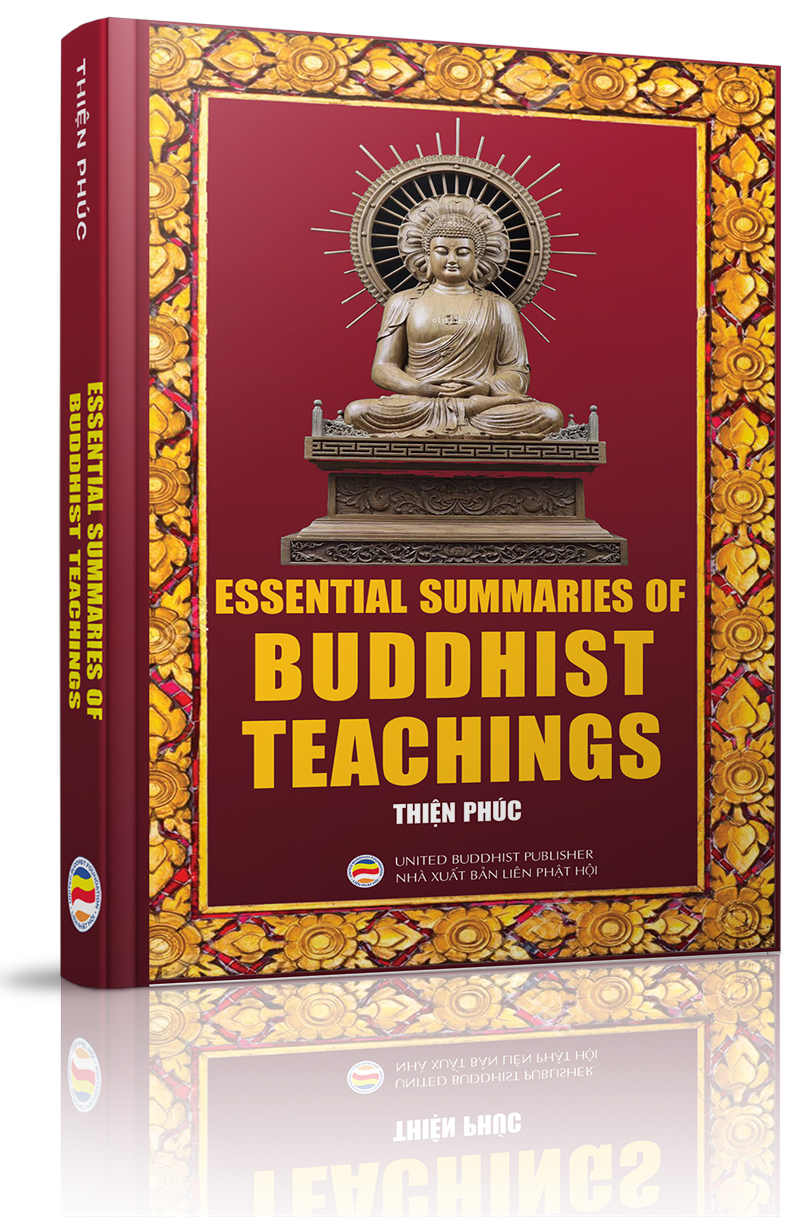Điều khác biệt giữa sự ngu ngốc và thiên tài là: thiên tài vẫn luôn có giới hạn còn sự ngu ngốc thì không. (The difference between stupidity and genius is that genius has its limits.)Albert Einstein
Thành công không phải điểm cuối cùng, thất bại không phải là kết thúc, chính sự dũng cảm tiếp tục công việc mới là điều quan trọng. (Success is not final, failure is not fatal: it is the courage to continue that counts.)Winston Churchill
Để có đôi mắt đẹp, hãy chọn nhìn những điều tốt đẹp ở người khác; để có đôi môi đẹp, hãy nói ra toàn những lời tử tế, và để vững vàng trong cuộc sống, hãy bước đi với ý thức rằng bạn không bao giờ cô độc. (For beautiful eyes, look for the good in others; for beautiful lips, speak only words of kindness; and for poise, walk with the knowledge that you are never alone.)Audrey Hepburn
Yếu tố của thành công là cho dù đi từ thất bại này sang thất bại khác vẫn không đánh mất sự nhiệt tình. (Success consists of going from failure to failure without loss of enthusiasm.)Winston Churchill
Cơ hội thành công thực sự nằm ở con người chứ không ở công việc. (The real opportunity for success lies within the person and not in the job. )Zig Ziglar
Hãy học cách vui thích với những gì bạn có trong khi theo đuổi tất cả những gì bạn muốn. (Learn how to be happy with what you have while you pursue all that you want. )Jim Rohn
Hãy dang tay ra để thay đổi nhưng nhớ đừng làm vuột mất các giá trị mà bạn có.Đức Đạt-lai Lạt-ma XIV
Không thể lấy hận thù để diệt trừ thù hận. Kinh Pháp cú
Cách tốt nhất để tiêu diệt một kẻ thù là làm cho kẻ ấy trở thành một người bạn. (The best way to destroy an enemy is to make him a friend.)Abraham Lincoln
Kẻ làm điều ác là tự chuốc lấy việc dữ cho mình.Kinh Bốn mươi hai chương
Tôi không hóa giải các bất ổn mà hóa giải cách suy nghĩ của mình. Sau đó, các bất ổn sẽ tự chúng được hóa giải. (I do not fix problems. I fix my thinking. Then problems fix themselves.)Louise Hay
Trang chủ »» Danh mục »» TỦ SÁCH RỘNG MỞ TÂM HỒN »» Essential Summaries of Buddhist Teachings »» Chapter Fifteen. The Truth of the Four Noble Truths »»
 Xem Mục lục
Xem Mục lục  Vietnamese || Đối chiếu song ngữ
Vietnamese || Đối chiếu song ngữ

DO NXB LIÊN PHẬT HỘI PHÁT HÀNH
Mua sách qua Amazon sẽ được gửi đến tận nhà - trên toàn nước Mỹ, Canada, Âu châu và Úc châu.
Quý vị đang truy cập từ IP 216.73.216.215 và chưa ghi danh hoặc đăng nhập trên máy tính này. Nếu là thành viên, quý vị chỉ cần đăng nhập một lần duy nhất trên thiết bị truy cập, bằng email và mật khẩu đã chọn.
Chúng tôi khuyến khích việc ghi danh thành viên ,để thuận tiện trong việc chia sẻ thông tin, chia sẻ kinh nghiệm sống giữa các thành viên, đồng thời quý vị cũng sẽ nhận được sự hỗ trợ kỹ thuật từ Ban Quản Trị trong quá trình sử dụng website này.
Việc ghi danh là hoàn toàn miễn phí và tự nguyện.
Ghi danh hoặc đăng nhập